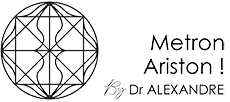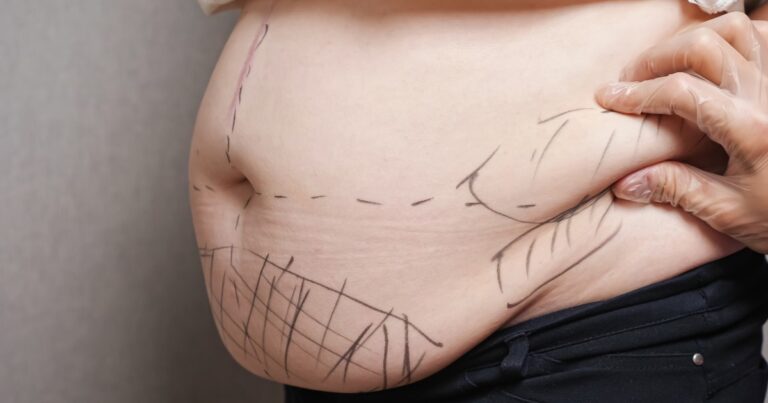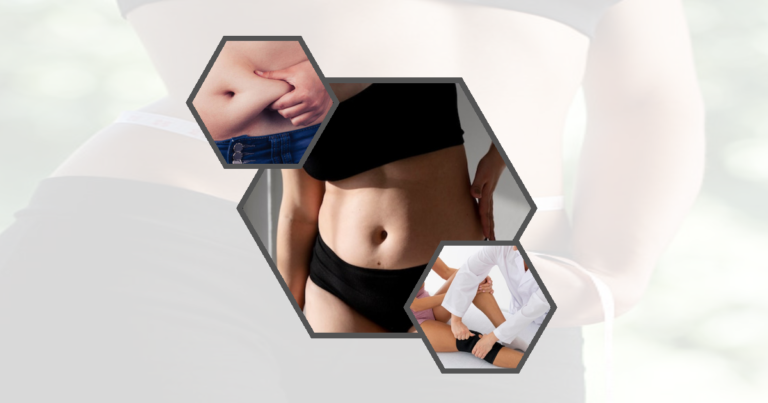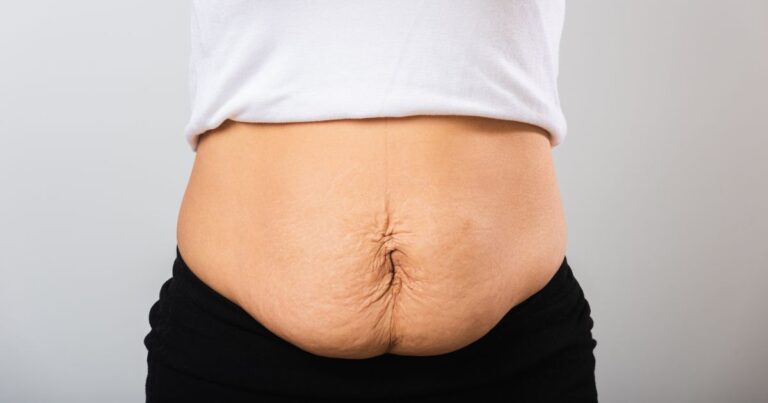Can Liposuction Make You Gain Weight?
Liposuction is a popular cosmetic procedure aimed at removing excess fat from specific areas of the body. However, many people wonder, “Can liposuction make you gain weight?” and “Does liposuction make you gain weight in other places?” This article delves into these questions, exploring the science behind liposuction, its effects on fat distribution, and how to maintain results post-procedure.
Understanding Liposuction and Fat Removal
Liposuction is a surgical procedure designed to remove fat deposits from targeted areas of the body. It is not a weight-loss solution but rather a body contouring method. The procedure involves the use of a suction technique to remove fat cells, which can lead to a more sculpted appearance.
How Liposuction Permanently Destroys Fat Cells
During liposuction, fat cells are permanently removed from the treated areas. This means that once these cells are gone, they cannot regenerate. However, this does not prevent the remaining fat cells from expanding if a person gains weight after the procedure.
The Science Behind Fat Storage and Distribution
Fat storage in the body is influenced by genetics, hormones, and lifestyle factors. When fat cells are removed from one area, the body does not automatically redistribute fat to other areas. However, if weight is gained, the remaining fat cells in untreated areas can expand, potentially altering the body’s overall fat distribution.
- Liposuction targets specific areas for fat removal.
- Fat cells removed during liposuction do not regenerate.
- Weight gain can lead to the expansion of remaining fat cells.
Does Fat Return After Liposuction?
A common concern is whether fat can return after liposuction. While the removed fat cells are gone for good, new fat cells can form if a person gains a significant amount of weight.
New Fat Cell Formation
The body can create new fat cells if there is a substantial increase in weight. This means that while liposuction removes existing fat cells, it does not prevent new ones from forming if caloric intake exceeds expenditure.
Changes in Fat Storage Patterns
After liposuction, the body may store fat differently. If weight is gained, untreated areas may see more noticeable fat accumulation, as the treated areas have fewer fat cells to expand.
- New fat cells can form with significant weight gain.
- Fat storage patterns may change post-liposuction.
- Untreated areas may accumulate more fat if weight is gained.
Gaining Weight After Liposuction
Gaining weight after liposuction can affect both treated and untreated areas of the body. Understanding these effects is crucial for maintaining the desired results.
Impact on Treated Areas
In treated areas, the number of fat cells is reduced, so any weight gain will result in less noticeable fat accumulation compared to untreated areas. However, significant weight gain can still affect the overall appearance.
Fat Accumulation in Untreated Areas
Untreated areas may experience more pronounced fat accumulation if weight is gained after liposuction. This is because these areas still have a normal number of fat cells that can expand.
- Treated areas have fewer fat cells to expand.
- Untreated areas may show more fat accumulation with weight gain.
- Maintaining a stable weight is key to preserving liposuction results.
Maintaining Liposuction Results
To maintain the results of liposuction, adopting a healthy lifestyle is essential. This includes regular exercise and a balanced diet.
Importance of a Healthy Lifestyle
A healthy lifestyle helps prevent weight gain and the formation of new fat cells. It also supports overall well-being and can enhance the results of liposuction.
Exercise and Nutrition Tips
Incorporating regular physical activity and a nutritious diet can help maintain liposuction results. Focus on cardiovascular exercises, strength training, and a diet rich in fruits, vegetables, lean proteins, and whole grains.
- Regular exercise helps maintain weight.
- A balanced diet supports overall health.
- Consistency is key to preserving liposuction results.
Liposuction Treatment Areas
Liposuction can be performed on various parts of the body, each with its own effectiveness and considerations.
Common Body Parts for Fat Removal
Common areas for liposuction include the abdomen, thighs, buttocks, arms, and neck. Each area may respond differently to the procedure, and results can vary based on individual factors.
Effectiveness in Different Regions
The effectiveness of liposuction can depend on the area being treated. Some regions may show more dramatic results, while others may require additional procedures for optimal outcomes.
- Abdomen and thighs are popular liposuction areas.
- Effectiveness varies by body region.
- Individual factors influence results.
Choosing the Right Surgeon for Liposuction
Selecting a qualified and experienced surgeon is vital for achieving the best results from liposuction.
Importance of Board Certification
Choosing a board-certified surgeon ensures that the practitioner has met rigorous standards for training and expertise in cosmetic surgery.
Consultation and Expectations
A thorough consultation with the surgeon can help set realistic expectations and ensure that the patient is a suitable candidate for liposuction.
- Board certification indicates expertise.
- Consultations help set realistic expectations.
- Choose a surgeon with experience in liposuction.
Alternatives to Liposuction
For those seeking fat reduction without surgery, there are non-surgical alternatives to consider.
Non-surgical Fat Reduction Methods
Non-surgical methods, such as CoolSculpting and laser lipolysis, offer fat reduction without the need for surgery. These methods use different technologies to target and reduce fat cells.
Comparing Effectiveness and Results
While non-surgical methods can be effective, they may not provide the same dramatic results as liposuction. It’s important to weigh the pros and cons of each option. Liposuction weight impact Liposuction removes fat from specific body areas but does not cause significant overall weight loss It is not a substitute for diet and exercise in managing body weight Liposuction limitations persist as the procedure cannot remove large amounts of fat or tighten loose skin Patients should maintain a healthy lifestyle after liposuction to keep long-term results
Cellulite unaffected liposuction removes fat from under the skin but does not change the appearance of cellulite This procedure targets deep fat layers while leaving the dimpled surface of cellulite unchanged
- CoolSculpting and laser lipolysis are non-surgical options.
- Non-surgical methods may offer less dramatic results.
- Consider individual goals when choosing a fat reduction method.
Recovery and Aftercare Following Liposuction
Proper recovery and aftercare are essential for achieving the best results from liposuction.
Post-procedure Instructions
Following the surgeon’s post-procedure instructions can help minimize complications and promote healing. This may include wearing compression garments and avoiding strenuous activities.
Timeline for Visible Results
Visible results from liposuction can take several weeks to months to fully manifest as swelling subsides and the body adjusts to its new contours.
- Follow post-procedure instructions for optimal recovery.
- Compression garments may be recommended.
- Full results may take time to become apparent.
By understanding the intricacies of liposuction and its effects on the body, individuals can make informed decisions and maintain their desired results. Whether considering liposuction or exploring alternatives, it’s important to consult with qualified professionals and prioritize a healthy lifestyle.
FAQ’ s
How long do liposuction results last?
Liposuction results can last for many years if a stable weight is maintained. However, significant weight gain can alter the results, making it important to follow a healthy lifestyle.
Does liposuction affect metabolism?
Liposuction does not significantly affect metabolism. The procedure removes fat cells but does not alter the body’s metabolic rate. Maintaining a healthy lifestyle is crucial for metabolic health post-liposuction.
Can liposuction make you gain weight in other places?
Liposuction does not directly cause weight gain in other places. However, if weight is gained after the procedure, untreated areas may show more noticeable fat accumulation due to the presence of more fat cells








